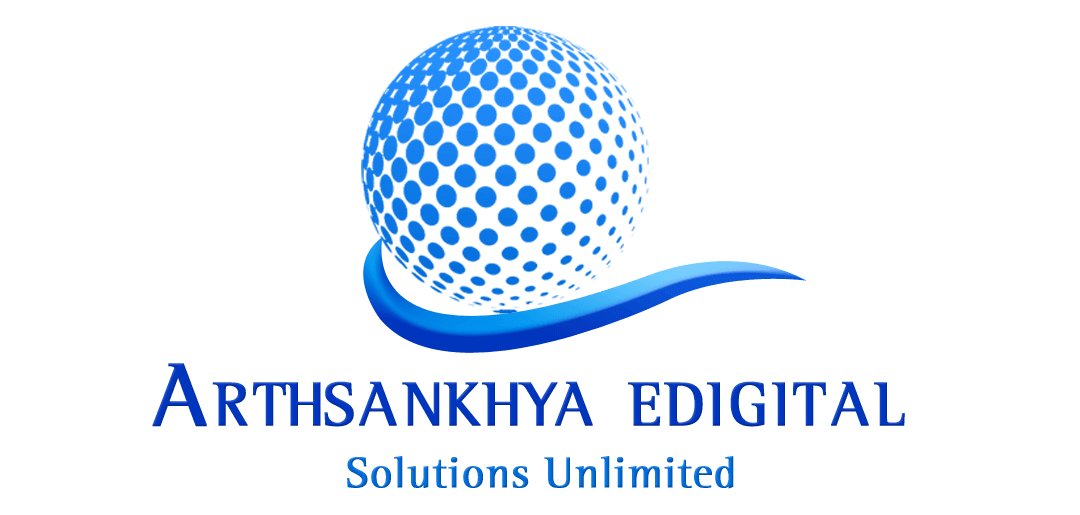Digital Signature Certificates/Digital Signatures
Q. What is a digital certificate or a digital signature certificate (DSC)?
Ans.A digital certificate or a digital signature certificate(DSC) is a digital record of credentials of an individual or an organization. It verifies the ingenuity of an entity involved in an online transaction. DSCs come in handy during online transactions including e-filing of income tax return, e-tendering, online monetary transactions etc. over the internet. They are also used during an exchange of confidential information through emails to ensure security and originality of the information as well as its sender.
Q. What is a digital signature?
Ans. A digital signature is an electronic form of signature which verifies the authenticity of a digital document. Digital signatures also verify the identity or authenticity of the sender of the information over the Internet. They also add up to security measures employed during any online transactions.
Q. What is the difference between a digital signature and a digital signature certificate (DSC)?
Ans. Digital signatures offer authenticity verification, privacy, and security to its users during online transactions and exchange of information. Digital signatures are used for secure messaging, online banking application use, secure online workflow applications, supply chain management etc.
The digital signature certificate contains the record of the holder of the certificate and details of the digital certificate.
These are digital documents which verify that a digital authentication associated with an individual or a specific entity does exist. The digital certificate helps prevent any sort of jeopardy to the identity and security of an individual or an entity, from an impersonator.
Q. Why do I need a Digital Signature Certificate?
Ans. A digital signature certificate is an electronic authenticity of one’s identity. It also offers a top notch security and privacy to user’s online transactions. Certificates can also be used to encrypt the information which will ensure that only the intended recipient can go through it. Digitally signing an information also assures the user that the information cannot be changed by a third party half way during transaction. It also verifies user’s identity as the sender of the information.
Q. What are the different types of DSC?
Ans.
Class 1 certificate: This digital certificate is issued to an individual for personal use. The user may employ the certificate to prove the authenticity of his identity or of the information shared by him. It is mandatory for an individual, applying for a class 1 certificate, to have a valid email id.
Class 2 certificate: This sort of digital signature is issued to individuals involved with an organization as well as for the personal use of an individual. Class 2 certificate is used to complete transactions which involves the Ministry of Corporate Affairs or the Registrar of companies. A person applying for a Class 2 certificate needs to present a valid identity proof as well as the address proof.
Class 3 certificate: Considered as the most exclusive digital certificate of all, class 3 certificate is the definitive identity authentication and security mean. It is mandatory for organizations and individuals involved in online e-tendering, e-procurement, patent filing and trademark filing process to have a valid class 3 certificate. It is essential for the person applying for this sort of certificate to register his physical presence before the certifying authority.
Q. What is a Root certificate?
Ans. A root certificate is a self signed or self-recognized public key certificate that identifies the Root Certificate Authority (CA). Root Certifying Authority of India (RAI) is responsible for issuing root certificates in India.
Q. What is Digital Time-Stamping?
Ans. As the name suggests, a digital time stamping service issues time stamps. The function of Digital time stamp is similar to any other time stamp i.e. to denote date & time of an action on a document. Digital timestamps are used to verify the original date of creation of a document.
Q. Are Digital Signatures legally valid in India?
Ans. Yes, the Information Technology Act of 2000 confirms the legal validity of digital signatures in India.
Q. Where can I use Digital Signature Certificates?
Ans. You can use Digital Signature Certificates for:
- Secure exchange of information and online transactions.
- Encrypting an information in an email.
- Identifying participants of an online transaction.
- Proving authorship of a digital content.
- Filing income tax returns.
- Transactions with Ministry of Corporate Affairs.
- Applying for e-tenders.
- Proving the authenticity of a trademark.
